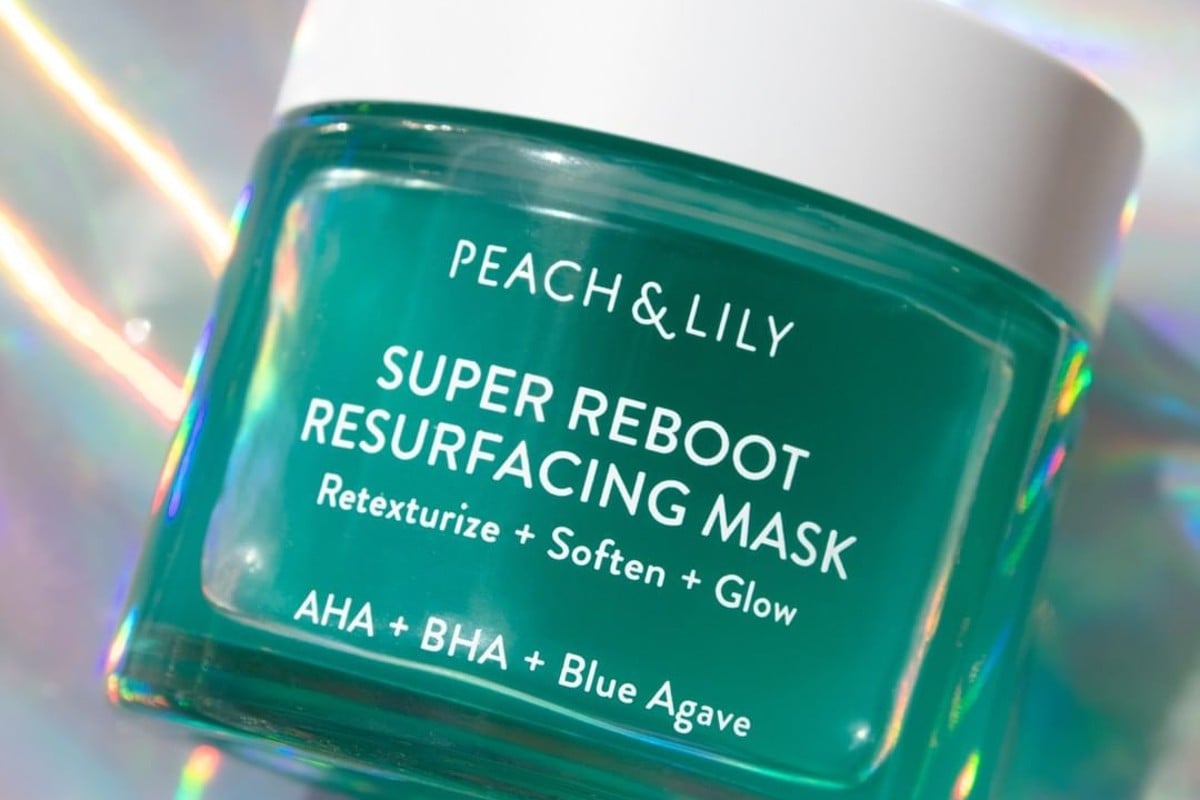9 Skin Care Ingredients to Use When Your Skin is Dehydrated
These are the best ingredients for dehydrated skin.
Dehydrated skin is a host to many problems and can be a sign of over-exfoliation, over-cleansing or a damaged barrier that causes the skin to lose too much moisture. When skin is dehydrated, which means it feels rough and dry, it must be addressed as soon as possible with the right skin care actives that specifically target the cause. While most people will use almost any type of emollient for quick moisture relief, this is nothing more than a temporary solution. Looking for the answer to avoiding dehydrated skin? Then you’ve found the right post. In this article, we’ll delve into the best ingredients for dehydrated skin and finally get your complexion out of dehydration. All of these ingredients have been scientifically proven to address various causes of dehydration, so adding them to your daily routine is sure to pay off.
Which ingredients are best for dehydrated skin?
It is important to point out that dry skin and dehydrated skin are two different things. The former is due to a lack of sebum, while the latter is related to dehydrated skin. Because excessive water loss is the cause, moisturizers and sealants are best for dehydrated skin. Moisturizers are compounds that help the skin retain more moisture by absorbing water from the environment, while sealants help seal moisture in the skin by forming a protective film on the surface. Therefore, the best ingredients for dehydrated skin are hyaluronic acid, glycerin and urea, which are humectants, and sealants such as squalane, shea butter and petrolatum. To them we can add ceramides, cholesterol and fatty acids – emollients that help strengthen the protective barrier and soften the skin.
The following active ingredients penetrate deep into the skin to enhance its natural ability to retain water and relieve dehydration:
Hyaluronic Acid
Hyaluronic acid (HA) is a humectant, a substance that attracts and retains moisture in the skin. It is naturally present in our bodies and is the main component of the natural moisturizing factor that underlies the skin’s ability to retain moisture. [1] This is one of the reasons why hyaluronic acid is often recommended for dehydrated skin. Because it is already present in the body, our system can absorb and process it without drastic adjustments, which means it works directly once it enters the epidermis. Studies have repeatedly shown that using products containing hyaluronic acid can plump up the skin, reduce wrinkles and increase hydration levels. [2]
It is important to note that several forms of hyaluronic acid are used in skin care formulations. Of these, sodium hyaluronate is best suited for dry skin. It is the salt form of hyaluronic acid and has the smallest molecular weight compared to its hyaluronic acid counterparts, so it can penetrate deep into the skin layers to boost moisture levels.
Ceramides
Ceramides are also game-changing ingredients when it comes to relieving dehydrated skin because of their excellent ability to retain moisture and enhance the protective barrier. If you’re not familiar with them, ceramides are lipids that primarily make up the outer layer of the skin (up to about 50%). [3] They work by holding cells together and keeping the skin barrier intact, thereby increasing water retention, reducing water evaporation, and enhancing the skin’s defenses against pollutants and irritants. In fact, the first stage of skin dehydration has been shown to be the loss of epidermal lipids, particularly ceramides, which leads to a weakened protective barrier and increased water loss. This is why ceramides are the savior of dehydrated skin.
Fortunately, ceramides are easily found in skin care products and oral beauty supplements. These can be natural phytoceramides or synthetic ceramides. While both have the same function, synthetic ceramides are specifically made to be more stable; they are more commonly found in skin care products. Nevertheless, a study on natural ceramides showed how oral ceramide capsules (derived from the konjac plant) significantly reduced dryness, dullness, and excess oil. [4]
Glycerin
Have you ever wondered why glycerin is so often found in almost all the skin care products you own? It’s because it’s one of the most effective moisturizers for absorbing and retaining moisture – a very important property for maintaining proper hydration balance. [5] It is odorless and has a slight viscosity, making it very easy to combine with other ingredients. In addition, because it is a naturally occurring molecule in the body that is essentially a fat, oil and lipid, glycerin is quickly absorbed and adapted to the skin.
Studies have also shown that the use of products containing glycerin can significantly improve certain conditions involving moisture deficiency and irritation (i.e., atopic dermatitis, dehydration). [6]
Squalane
Squalane is one of the best ingredients for treating dehydrated skin because it is a major component of sebum, which is essential for moisturizing the skin and defending it against environmental aggressions. It has emollient and sealing properties, which means it covers the skin surface with a protective film to reduce water loss and to soften and restore the barrier. More interestingly, however, studies have found that topical application of squalane can soothe severely dehydrated skin caused by seborrheic dermatitis, psoriasis or atopic dermatitis. [7]
Urea
We know that this ingredient may not sound too pleasant at first. After all, urea (also known as urea) is produced through a metabolic process and is primarily found in urine. However, in skin care products, urea is made synthetically and is an excellent moisturizer that contains all the goodies to improve aging and dehydrated skin. According to research, at 10% concentration, urea provides long-lasting moisturization for up to 6 hours with a single application. With regular use, it also provides a steady increase in moisture content. [8]
Shea Butter
Shea butter is a lifesaver for strengthening the natural moisture barrier and eliminating skin dehydration. It is a fat rich in fatty acids (such as oleic, stearic, linoleic and palmitic) as well as antioxidants and vitamins. It is a super emollient, which means it softens and nourishes the skin and also locks in the moisture in the skin for long-lasting hydration and protection.
Niacinamide
Niacinamide, also known as nicotinamide, is a form of vitamin B3 that works in complete synergy with the natural substances found in the skin to build proteins, retain moisture and consolidate defenses against external stressors. Niacinamide does this by upregulating the synthesis of ceramides and fatty acids that are known to play an important role in the normal function of the skin’s moisture barrier. [9] In addition, niacinamide stimulates collagen, thereby increasing hyaluronic acid production and enhancing the skin’s moisturizing capacity. Given its moisturizing properties, niacinamide is one of the best ingredients to restore moisture to dehydrated skin.
Vaseline
The use of occlusive agents is essential to prevent moisture loss and relieve dehydrated skin, and Vaseline is one of the best. According to studies, when applied topically, it can reduce transepidermal water loss by nearly 98%, helping to lock in moisture by covering the surface with a long-lasting protective film. [10] It also has emollient properties that penetrate the epidermis and increase the levels of barrier-related proteins that soften and restore water in cells. To reap its benefits, you can use a closed moisturizer or apply pure petroleum jelly (Vaseline) to your face as the last step of your nighttime routine.
Lactic Acid
Lactic acid, an alpha-hydroxy acid, is a chemical exfoliator that is very effective on dehydrated skin, removing dead cells and increasing moisture levels. Because it is a humectant, lactic acid absorbs moisture from the environment into the skin to promote hydration while eliminating surface buildup to reveal a fresher, brighter, firmer complexion. For best results, use a sealant to capture the moisture absorbed by lactic acid so it does not evaporate.
Final Words
There are many factors behind skin dehydration. It’s not just about the dry winter air or forgetting to use moisturizer. There’s much more to the problem than that. But once you identify the main cause and add the right ingredients to your skincare routine, your dehydrated skin may finally regain its moisture and radiance.




